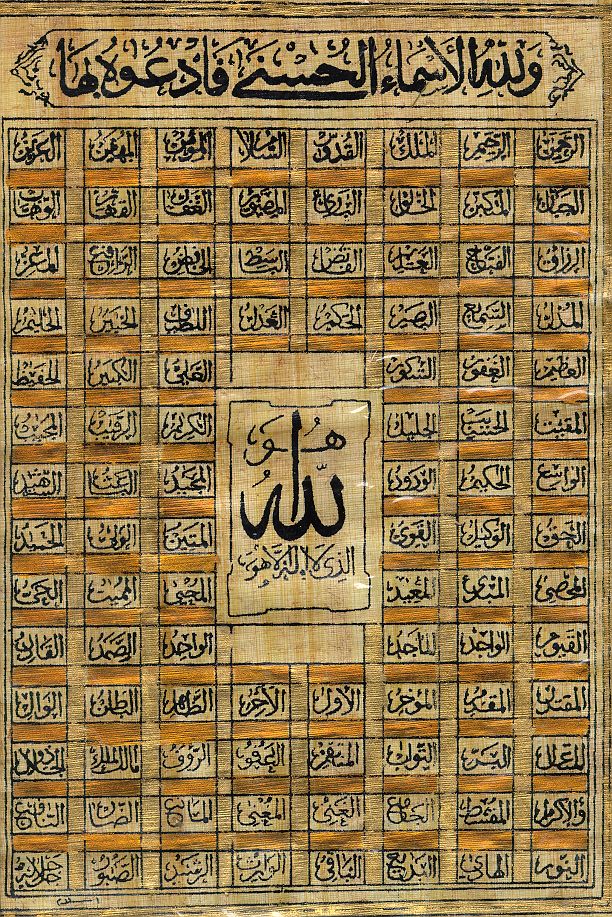FWP:
SETS ==
ISLAMIC: {10,2}
JALVAH: {7,4}
SUN: {10,5}
For background see S. R. Faruqi's choices. For more on Ghalib's unpublished verses, see the discussion in {4,8x}.
How is the speaker's situation in the second line to be juxtaposed to that of the dew in the first line? Is it to be considered similar (the way the dew is obliterated by the sun, he is obliterated by the divine glory)? Or is it, as Gyan Chand maintains, to be contrasted (the dew is obliterated by the sun itself, but he is obliterated not by God Himself but merely by his 'Beautiful Names')?
I really can't see all that much going on in this verse.

Gyan Chand:
From the glory/appearance of the sun, the dew becomes obliterated. I didn't need even the glory/appearance of the Lord-- merely the imposingness of his names obliterated me.
== Gyan Chand, p. 491